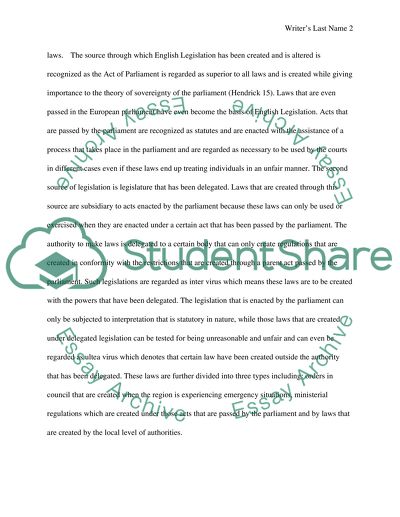Cite this document
(“The Different Sources of Law in England & Wales Essay”, n.d.)
The Different Sources of Law in England & Wales Essay. Retrieved from https://studentshare.org/law/1485556-the-different-sources-of-law-in-england-wales
The Different Sources of Law in England & Wales Essay. Retrieved from https://studentshare.org/law/1485556-the-different-sources-of-law-in-england-wales
(The Different Sources of Law in England & Wales Essay)
The Different Sources of Law in England & Wales Essay. https://studentshare.org/law/1485556-the-different-sources-of-law-in-england-wales.
The Different Sources of Law in England & Wales Essay. https://studentshare.org/law/1485556-the-different-sources-of-law-in-england-wales.
“The Different Sources of Law in England & Wales Essay”, n.d. https://studentshare.org/law/1485556-the-different-sources-of-law-in-england-wales.


